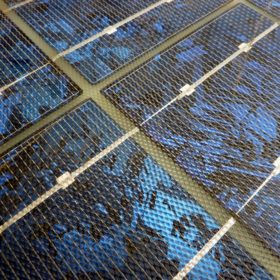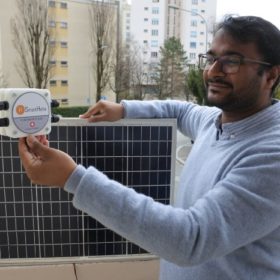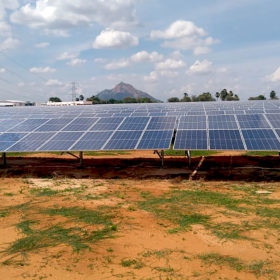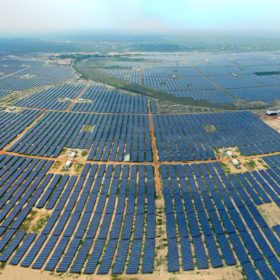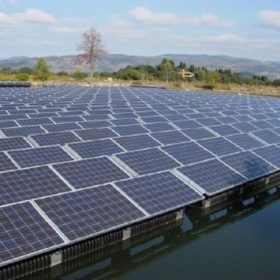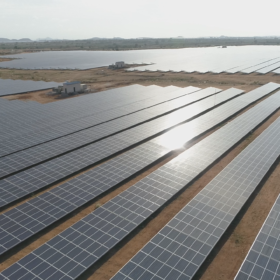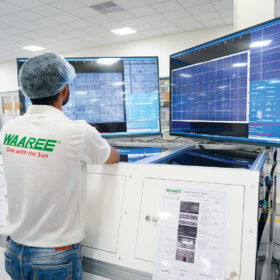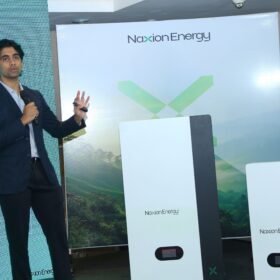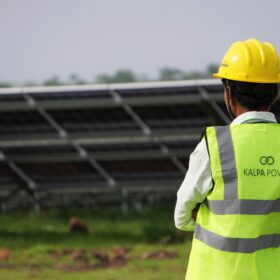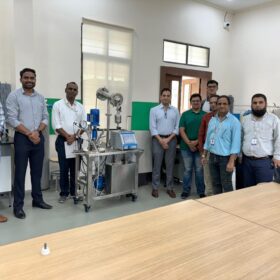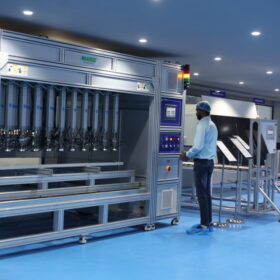Off-grid solar and storage solutions for Himalayas
The Solar Energy Corporation of India has issued a call for expressions of interest to supply clean energy to isolated off-grid communities and warned components will probably have to be transported manually.
CEL tenders for 1.5m multi-crystalline solar cells
Only Indian manufacturers and their authorized vendors can bid and the devices must have five busbars and a conversion efficiency of at least 19.6%. Bidding closes on October 16.
Indian-led start-up raises Swiss funding for solar diagnostic tool
Swiss-based SmartHelio claims to have witnessed a near 200% jump in demand for its deep-data driven solar asset management solution, which plugs into solar panels or energy storage systems. Sales of the internet-of-things enabled, cloud product have leapt in the last six months.
Solar-powered undies – Dollar Industries installs 4 MW solar array
The underwear maker said the solar array will provide almost half the daily power consumption of its spinning unit and help curb carbon emissions by 9,000kg per day.
Eden Renewables bags 1.35 GWp of solar projects in four months
The generation capacity – three 450 MWp projects in Rajasthan – is expected to be commissioned towards early 2022.
Adani Green completes acquisition of 205 MW operating solar assets from Essel
The purchased solar portfolio is relatively young, with average remaining power purchase agreement life of around 21 years.
Solar development amid changing landscape
Ranjit Gupta, CEO, Azure Power, speaks to pv magazine about solar development in India against the backdrop of Covid pandemic and government’s push for self-reliant India, and the progress of their manufacturing-linked project.
India aims to become a hub for cutting-edge solar manufacturing
With a huge market and relevant manufacturing advantages, the country aspires to become a giga-scale manufacturing destination for the breakthrough PV technologies across the value chain.
NHPC mulling 500 MW floating solar in Telangana
The state-run hydropower producer is in talks with Telangana State Renewable Energy Development Corporation Limited to form a joint venture to explore and develop an aggregate 500 MW of floating solar power projects in the state.
Belectric bags its second 250 MW solar project from Fortum
Germany based Belectric Solar & Battery GmbH has been awarded a 250 MW (AC) solar project by Fortum—this time in Rajasthan.


